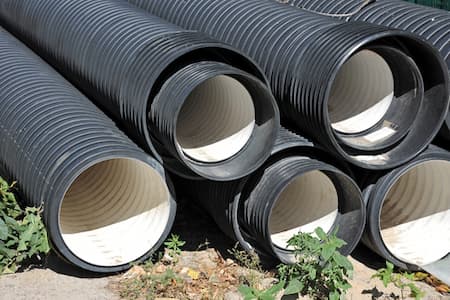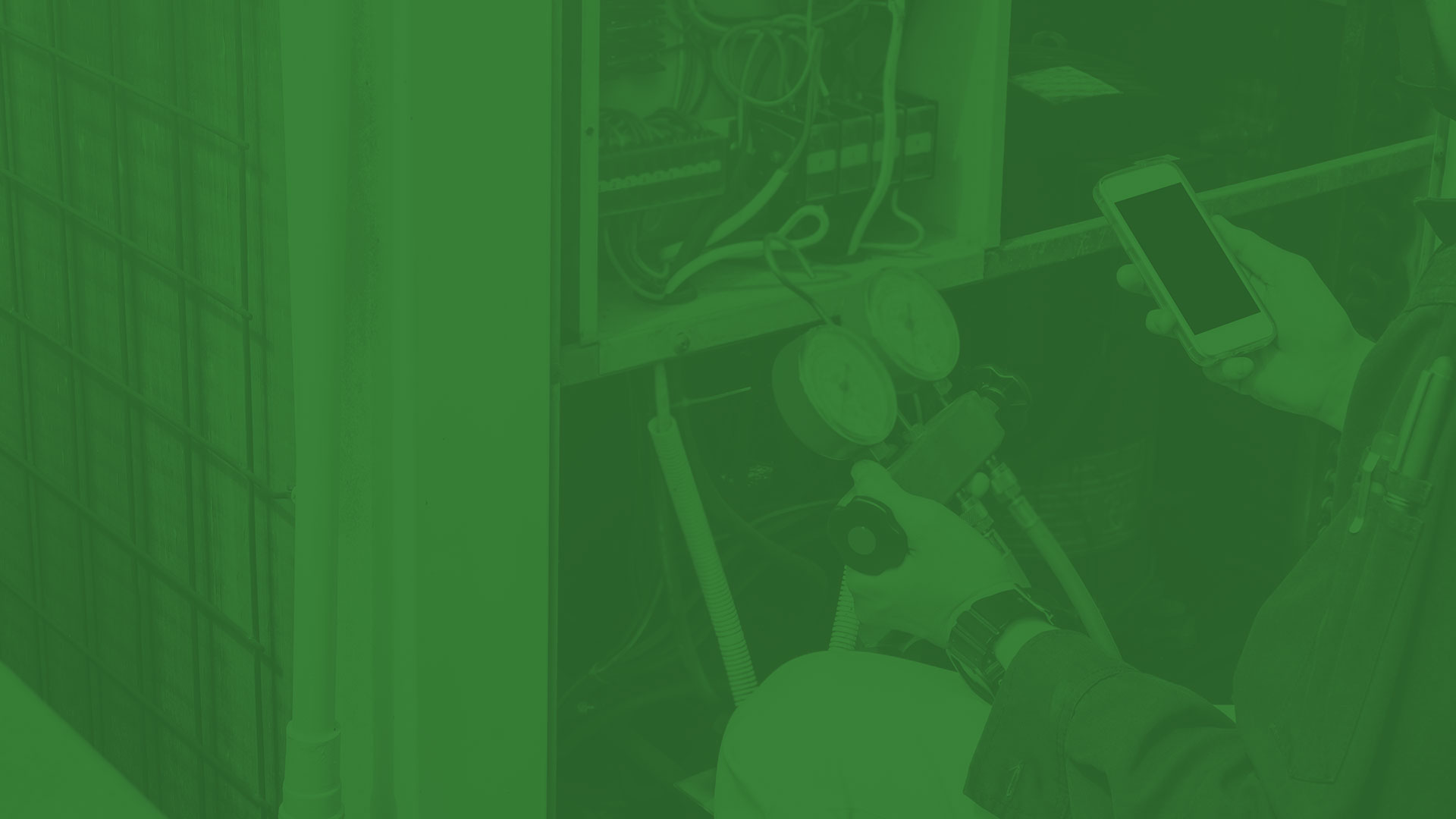A Closer Look at Cured-in-Place Pipe (CIPP) Technology: Revolutionizing Pipeline Rehabilitation

In the realm of infrastructure, pipelines form the lifelines of modern society, facilitating the transport of water, sewage, and other essential fluids. However, with aging infrastructure becoming an increasingly pressing issue globally, the need for innovative solutions to rehabilitate deteriorating pipelines has never been more critical. Enter Cured-in-Place Pipe (CIPP) technology, a game-changer in the field of pipeline rehabilitation.
CIPP is a trenchless technology that offers a cost-effective, minimally disruptive method for repairing and rehabilitating deteriorating pipelines. Unlike traditional methods that require extensive excavation and replacement of the existing pipeline, CIPP allows for the rehabilitation of pipelines from within, significantly reducing costs, time, and disruption to communities.
CIPP begins with thoroughly inspecting the pipeline to assess its condition and identify any defects such as cracks, leaks, or corrosion. Once the assessment is complete, the pipeline is cleaned and prepared to install the CIPP liner. The liner, typically made of felt or fiberglass impregnated with a thermosetting resin, is inserted into the pipeline using inversion or winching methods.
Once in place, the liner is inflated using steam or hot water, causing it to expand and conform to the shape of the existing pipeline. The resin is then cured through heat or ambient temperature, resulting in a seamless, durable lining that restores the pipeline's structural integrity.
Understanding the Benefits
One of the key advantages of CIPP technology is its versatility. It can be used to rehabilitate pipelines of various materials, including clay, concrete, PVC, and cast iron, making it suitable for a wide range of applications. Whether it's a small-diameter sewer pipe or a large-diameter stormwater culvert, CIPP offers a customizable solution tailored to the specific needs of each project.
Furthermore, CIPP technology is environmentally friendly, minimizing the need for excavation and reducing the carbon footprint associated with pipeline rehabilitation. By avoiding the disruption caused by traditional excavation methods, CIPP helps preserve natural habitats, reduce air and noise pollution, and minimize the risk of soil erosion and sedimentation.
Besides its cost-effectiveness and environmental benefits, CIPP technology offers long-term durability and reliability. The seamless, jointless lining created by CIPP eliminates the risk of future leaks and root intrusion, extending the service life of rehabilitated pipelines by several decades.
Moreover, the non-disruptive nature of CIPP technology allows for faster project completion, minimizing inconvenience to residents, businesses, and commuters. With shorter construction timelines and reduced traffic disruptions, communities can enjoy the benefits of rehabilitated pipelines with minimal inconvenience.
Impeccable Care From Local Pros
In conclusion, Cured-in-Place Pipe (CIPP) technology represents a paradigm shift in pipeline rehabilitation, offering a cost-effective, environmentally friendly solution that minimizes community disruption. With its versatility, durability, and non-disruptive installation process, CIPP is poised to play a pivotal role in addressing the challenges of aging infrastructure and ensuring the reliability and resilience of pipelines for generations to come.
Call Mathis Plumbing & Heating Co., Inc. - the plumber to trust for local service . Contact us now for CIPP service in Upstate South Carolina.
